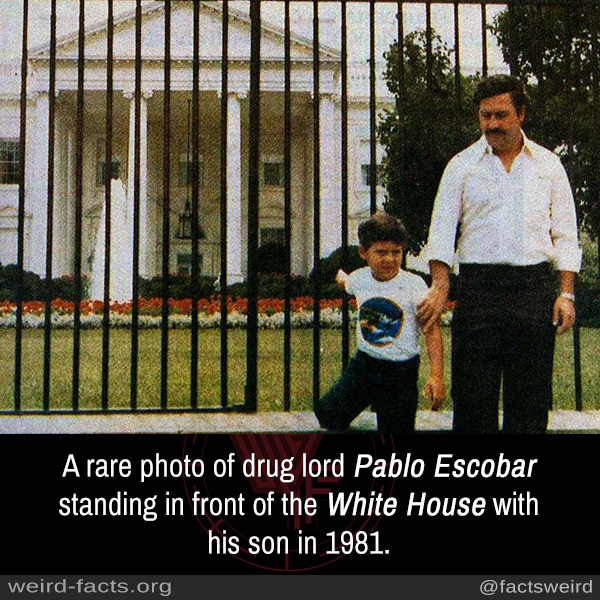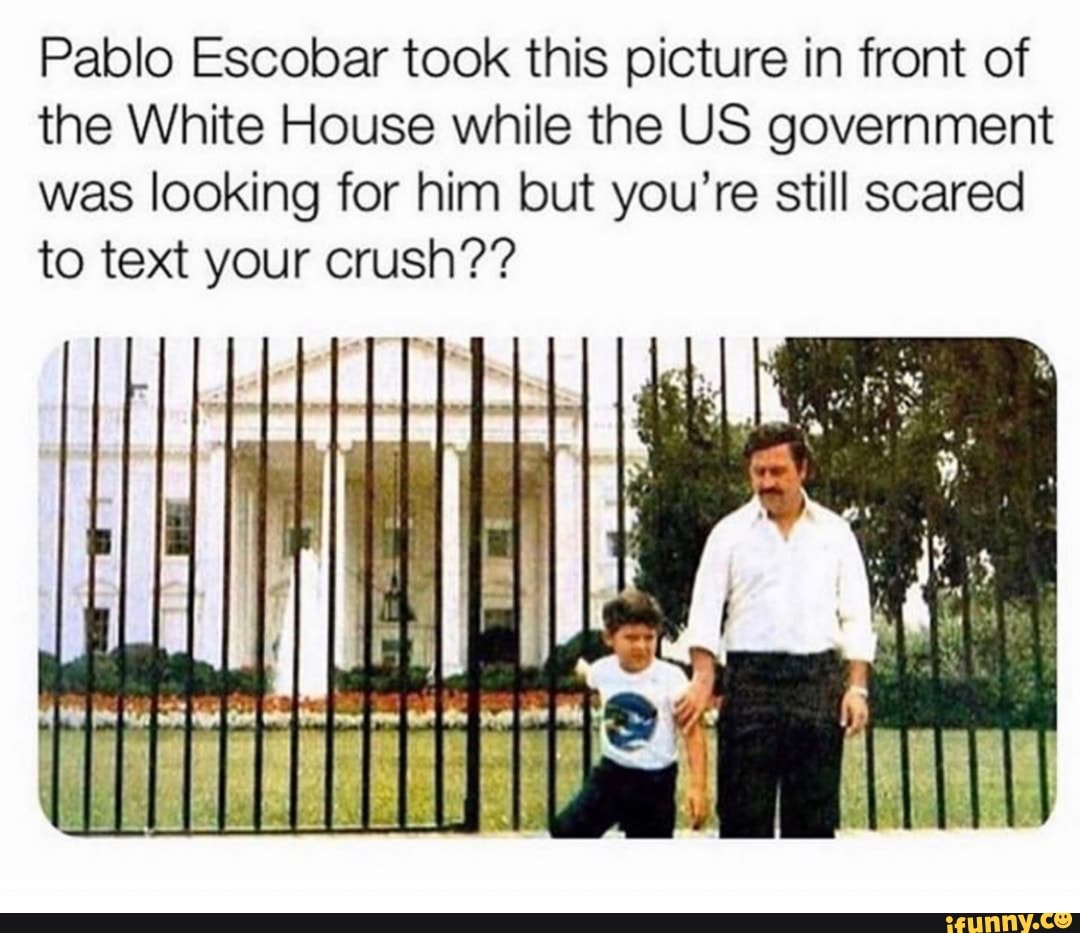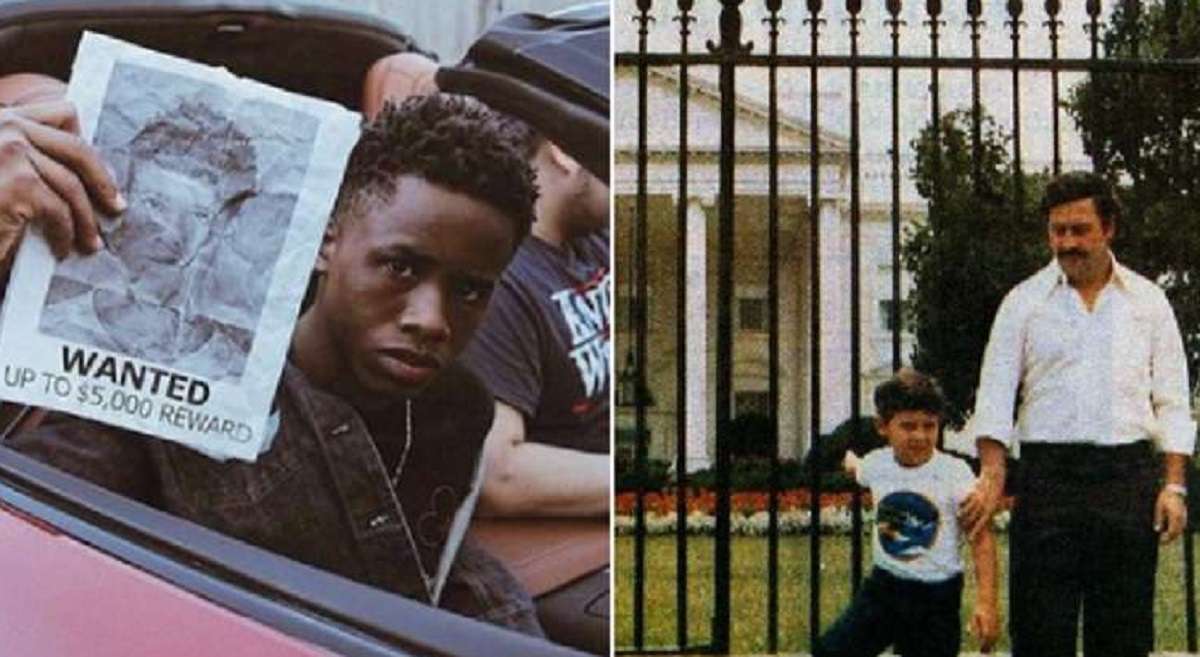

He then moved to Buenos Aires where he lived in relative peace – or did until the Netflix show revived interest in his story.Įscobar’s son says he’s not interested in restoring his father’s reputation, and instead just wants people to stick to the facts as he knows them. Marroquín himself spent 45 days behind bars before being found not guilty of any wrongdoing. Investigators didn’t believe this story and Marroquín’s mother spent two years in prison on money-laundering charges. The message was simple: if we hid even a single coin they would kill us. They knew exactly how much money my father had. They demanded we hand over all of our assets as war booty. “They told us we would have to live outside the country. Marroquín insists that his father committed suicide once he was surrounded by the police, and that in the aftermath he and his mother had to negotiate with the Cali cartel to avoid being killed. But we never actually did it.” Pablo Escobar and his son Juan Pablo in front of the White House in 1981. I said then the only thing the money was good for was throwing into the fire.

Once we were surrounded by the police and we didn’t have any food for a week. “Once I said in a documentary that we were starving while we were surrounded by millions of dollars.

PABLO ESCOBAR WHITE HOUSE SERIES
Marroquín has drawn up a list of 28 serious errors on the part of the makers of the Netflix series – a list that includes scriptwriters getting it wrong as to which soccer team Escobar supported and the false inclusion of a scene in which the gangster raised in Medellín burned banknotes to keep the family warm. We watched television and he had no hesitation in telling me, ‘I planted that bomb.’ And we would argue about it.” He always told me he was a bandit and a gangster. Neither is Escobar’s son impressed with the young version of himself that appears in the show. My father said it was certain death because he had always found people he wanted to kill by tracking their phone calls,” adds Marroquín, who has written one book about his father and is now working on a second, which focuses on the final few months of the drug trafficker’s life when he was no longer with his family. That way, my father always said, if we were captured and tortured we couldn’t give him up,” Marroquín explains. “Sometimes we would buy a house and then we would have to move the same night, and the money would go down the drain. The son of the man who at one stage controlled 80% of the cocaine going into the United States also describes a life constantly on the move. My father was much crueler than he appears in the show. We were very much alone, because everyone betrayed or gave themselves up. And we weren’t surrounded by gangsters either. I wish we had had the houses with swimming pools you see in the series. “We didn’t live in luxury when we were on the run. I am not proud at all, but we have to be serious,” says Marroquín, who offered, but was turned down by Netflix, to act as an advisor on the show – a role that would have allowed him to provide his first-hand insight into what was a virtual civil war in Colombia, after Escobar launched an offensive against the rival Cali drug cartel in the late 1980s in a bid to control the hugely lucrative cocaine trade.Įscobar’s son provides concrete examples on how he thinks the show got it wrong.

The violence was far worse than the show suggests. “It doesn’t show the moments of loneliness, fear, anxiety and terror. They write to me as if I was selling tickets for entry into this world,” says an angry Marroquín.īut what most annoys the 39-year-old about the Netflix version of his father’s life is that it claims to be realistic. Young people all around the world write to me saying they want to be drug dealers and asking for help. The show creates a culture where being a drug trafficker is cool. There are thousands of victims who deserve respect. “You have to be responsible when telling this story. I get younger and younger: by the end I look about eight years old


 0 kommentar(er)
0 kommentar(er)
